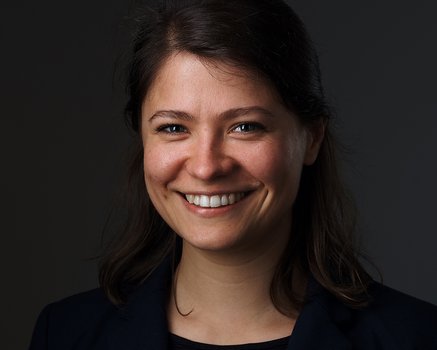Title
Choice history bias as a window into cognition and neural circuits
Perceptual choices not only depend on the current sensory input, but also on the behavioral context, such as the history of one’s own choices. Yet, it remains unknown how such history signals shape the dynamics of later decision formation. In models of decision formation, it is commonly assumed that choice history shifts the starting point of accumulation towards the bound reflecting the previous choice. I will present results that challenge this idea. By fitting bounded-accumulation decision models to behavioral data from perceptual choice tasks, we estimated bias parameters that depended on observers’ previous choices. Across multiple animal species, task protocols and sensory modalities, individual history biases in overt behavior were consistently explained by a history-dependent change in the evidence accumulation, rather than in its starting point. Choice history signals thus seem to bias the interpretation of current sensory input, akin to shifting endogenous attention towards (or away from) the previously selected interpretation. MEG data further pinpoint a neural source of these biases in parietal gamma-band oscillations, providing a starting point for linking across species.
Biography
Anne Urai studied cognitive neuroscience and philosophy at University College Utrecht, Xiamen University in China, University College London and École Normale Supérieure, Paris. During her doctoral research in the lab of Tobias Donner at the Universitätsklinikum Hamburg-Eppendorf and University of Amsterdam, she investigated how our previous choices bias the way we interpret later information, and how this process is affected by the confidence in our decisions. She joined Cold Spring Harbor Laboratory in New York as a postdoctoral fellow, investigating the neurophysiology of decision-making using high-density neural recordings in the mouse brain. During this time she was a core member of the International Brain Laboratory collaboration, working as part of a global team of systems and computational neuroscientists. Her research in general focuses on the neural basis of decision-making across mammalian species, the interaction between learning and perception, and the neural basis of cognitive aging.
